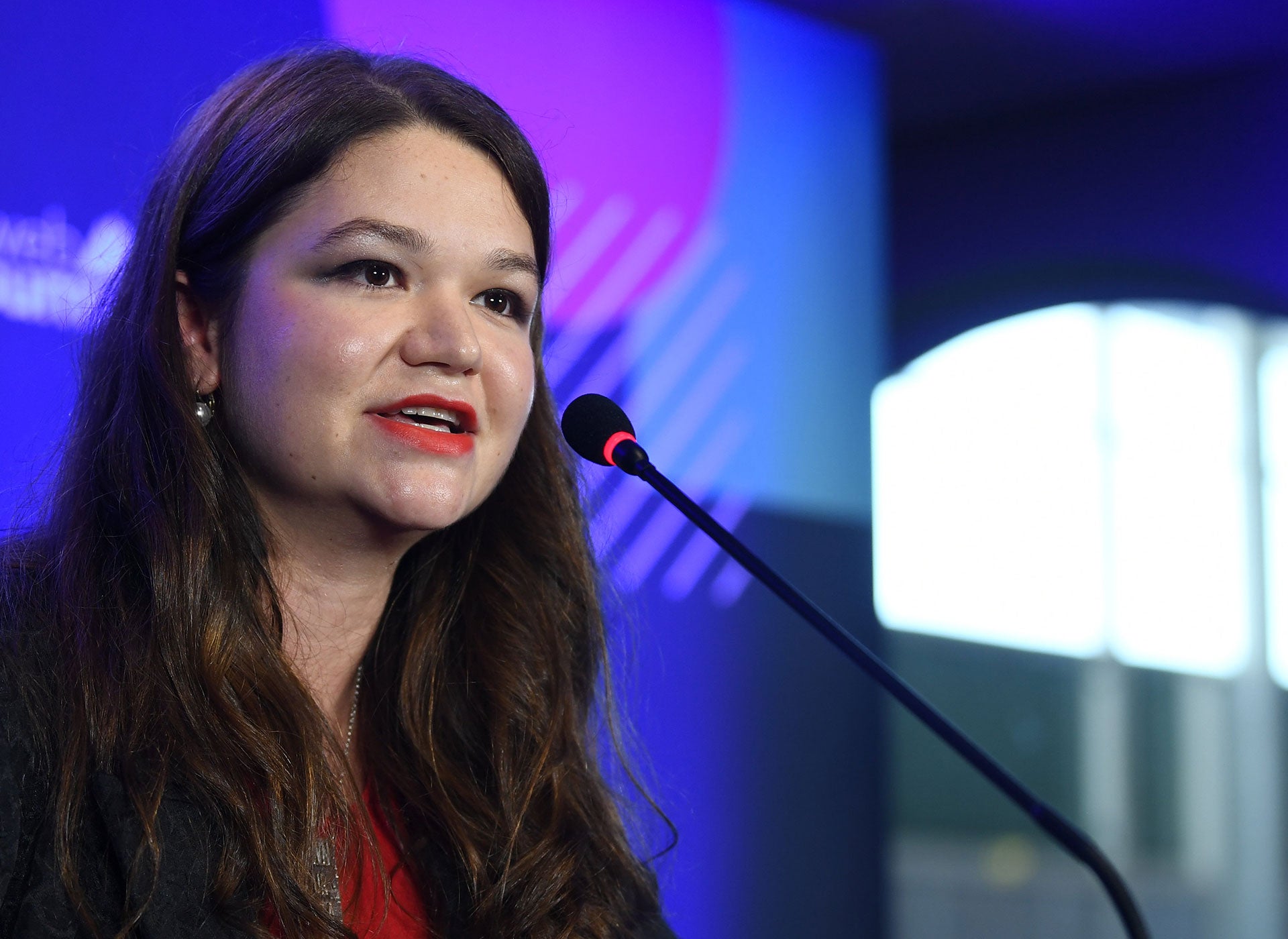
Aside from their parallel presence in public consciousness, it would be easy to think that there is little to connect contact tracing and the Black Lives Matter protests, but according to Brittany Kaiser, former Cambridge Analytica whistleblower and founder of the Own Your Data foundation, the two risk being more closely linked.
Contact tracing is being used to identify those who have come into contact with people diagnosed with Covid-19, with apps being rolled out in many parts of the world to identify connections that would otherwise be missed.

Access deeper industry intelligence
Experience unmatched clarity with a single platform that combines unique data, AI, and human expertise.
However, they also attract privacy concerns, particularly around the handling and use of that data.
“Many countries around the world are already using contact tracing apps, but yet do not have any regulation into how that data collection is going to be used,” she says, speaking at a press conference during the Collision from Home technology conference.
Brittany Kaiser: Police use of contact tracing data could mean unfair treatment of protestors
One area she is particularly concerned about contact tracing data being used in, however, is the policing of the Black Lives Matter protests.
“I think the biggest concern right now is that the rise of peaceful protests, but also violent riots, in hundreds of cities across America has meant that contact tracing is starting to be used by law enforcement in order to understand where protesters were,” she says.

US Tariffs are shifting - will you react or anticipate?
Don’t let policy changes catch you off guard. Stay proactive with real-time data and expert analysis.
By GlobalData“Obviously for coronavirus contact tracing specifically, to see if certain areas that coronavirus is spreading from people who gathered together in public, especially in the states where we are still under quarantine, and strict regulations on how many people can be in public and private spaces.
“But it’s so easy for that to be abused, especially when we’ve seen law enforcement that are committing violence upon peaceful protesters.”
While on the surface, police use of such contract tracing data may be entirely legitimate to help combat the spread of the virus, Kaiser is concerned that such data could and is being used to supress protestor’s legal rights.
“We have the right to peacefully assemble. We should continue to have that right,” she says.
“So if contact tracing data is used by law enforcement in order to target people that they know were a part of a protest, even though those individuals have the right to do so, it could mean that they are unfairly treated by law enforcement and government officials.”
Helping to draft the first-ever contract tracing bill
This concern, along with other fears about the mishandling of contact tracing data, has motivated Kaiser to assist in drafting what she believes is the first bill concerning the handling of contact tracing data in the world.
“This is the first ever bill that will protect your data that is used for contact tracing and make sure that it is kept safe,” she says.
Drafted in the state of New York, the Senate bill, number 8448, was introduced at the start of June, and is currently being considered by the New York Senate Internet and Technology Committee.
Vital to the bill is enshrining protections into law over the handling of contact tracing data, so that it can only be used in clearly defined ways directly related to combatting the coronavirus.
“[The bill ensures] you know where [your data is] going, that you have the right to delete that [and] that that data will not be shared with law enforcement, so it cannot be used for targeting of peaceful protesters. And it has anti-discrimination clauses in the use of this data as well.
“That’s something that we specifically wrote into the law to make sure that that cannot happen when people are trying to very responsibly and ethically lend their medical data or lend their location data in order to help protect human life, they should be able to do that without feeling like they will be targeted.”
Read more: Brittany Kaiser: Facebook should ban Trump disinformation







